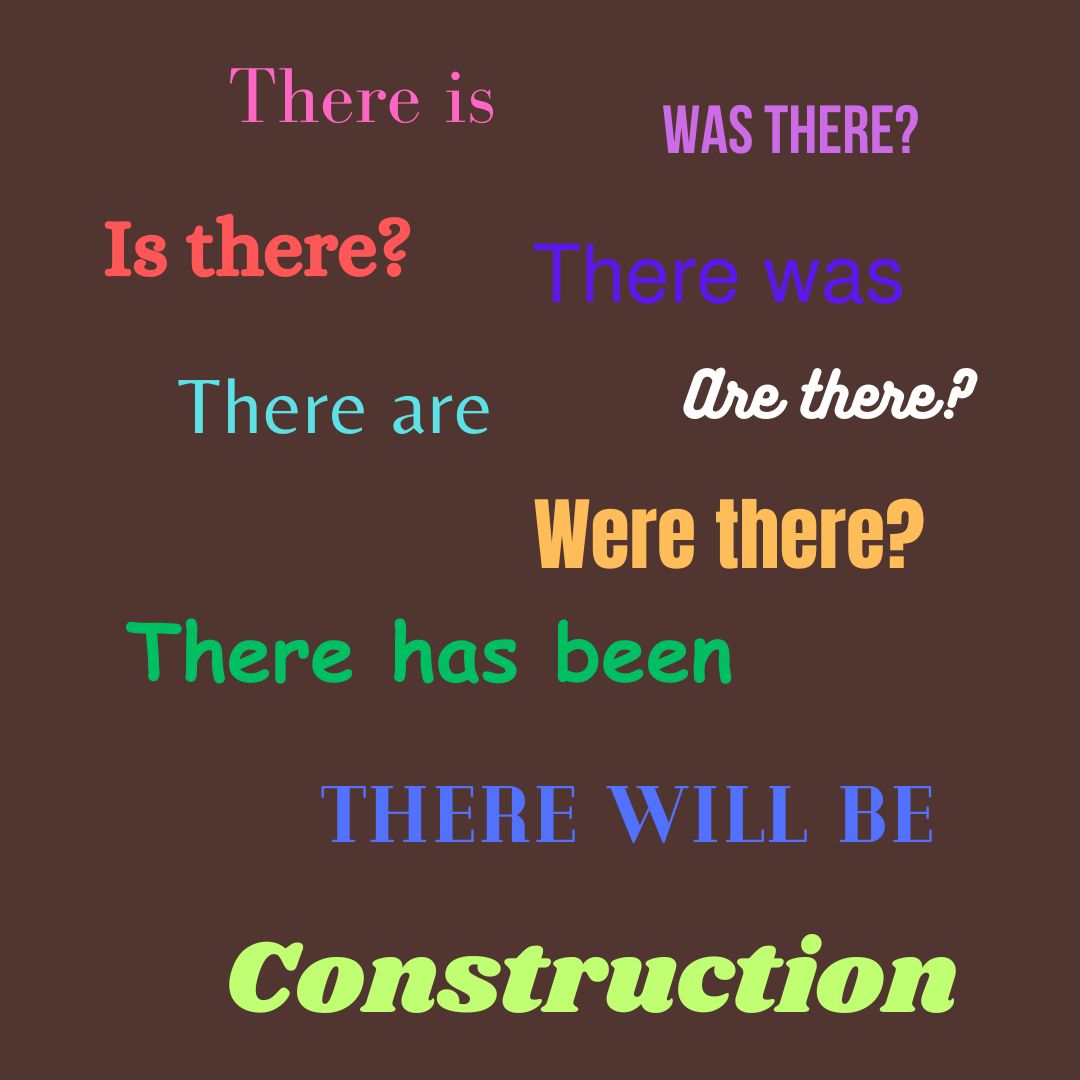Tag: future

IF (Conditional) Sentences
Conditional sentences, also known as if sentences, express a relationship between different events or situations. These sentences are divided into different types based on the likelihood or certainty of the condition being fulfilled. Conditional sentences play a crucial role in expressing possibilities, hypothetical situations, and cause-and-effect relationships. There are four main types of conditional sentences: zero conditional, first conditional, second conditional, and third conditional.

There is/There are
The construction there is /there are is known as an existential construction in English grammar. It is used to indicate the existence of something or someone. The there is/there are has a different structure compared to the typical subject-verb-object (SVO) sentence structure. In there is/there are sentences, the word there serves as a placeholder or dummy subject, and the real subject comes after the verb.

The Group of Tenses of the Passive Voice
In the passive voice construction with to be and past participle, the focus is on the action being done to the subject, rather than the subject performing the action. This construction emphasizes the result or effect of the action, rather than who is doing the action. For example, in the sentence The cake was baked by the chef, the focus is on the cake and the fact that it was baked, rather than the chef who did the baking. This construction is useful when the doer of the action is unknown, unimportant, or when the speaker wants to emphasize the result of the action rather than who performed it.

Modal Verbs: can
Can is a modal verb that can be used to indicate ability, permission, or possibility. Here's how it can be used in different tenses and forms: present, future, indefinite passive, indefinite infinitive

The Future Perfect Continuous in the Past
The Future Perfect Continuous in the Past is a tense used to talk about an ongoing action that was expected to be completed at a specific point in the past. It is formed using the past participle of will have been (which is would have been) and the present participle form (-ing) of the main verb.